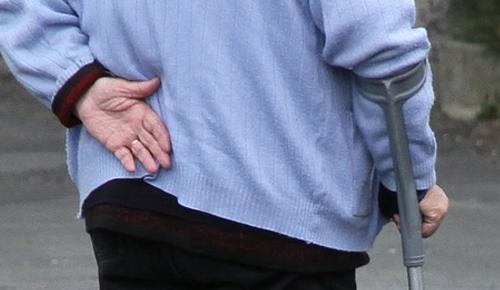There are many steps you can take at home to manage your hip pain.

Below are a string of resources, backed by research, that are designed to support you in taking that action and helping you to ease your pain.
The resources contain information about the nature of your condition, practical advice for managing it and simple exercises you can do in your home to aid your recovery.
The advice has been compiled by NHS England, the Chartered Society of Physiotherapy, Versus Arthritis, Public Health England and the Arthritis and Musculoskeletal Alliance (ARMA).
Resources for hip pain
- Hip pain booklet, Versus Arthritis
- Hip pain exercise leaflet, Versus Arthritis
- Online exercise programme for older adults, Escape Pain
- Arthritis information booklet, Versus Arthritis
- Osteoarthritis information leaflet, Versus Arthritis
- Osteoarthritis guide book, Jigsaw-E
- Osteoarthritis online information includes video, Keele University
- Exercises for arthritis, Arthritis Action
The above self-management exercises can help you to manage your condition at home. The majority of musculoskeletal conditions get better within six to eight weeks although sometimes they can persist for longer but this doesn’t mean there is something seriously wrong.
However, rarely, musculoskeletal symptoms can be caused by something more serious and it is important for you to know when to seek help. If you experience any of the following you should seek the advice of you GP.
- the pain you are experiencing is getting worse rather than better despite following the self-management guidance above for the condition in the time frame expected
- symptoms have not been significantly helped by a trial of medication as expected
- you feel unwell and suffer symptom such as fever, night sweats or weight loss
- you experience pain at night, possibly worse than during the day that prevents you from sleeping due to increasing pain and/or difficulty lying flat.
- you experience a change in your ability to walk including balance problems or weakness/heaviness in your legs
- you develop a hot and swollen joint for no apparent reason
- early morning stiffness, lasting for longer than 30 minutes
- new on-set severe headache



































